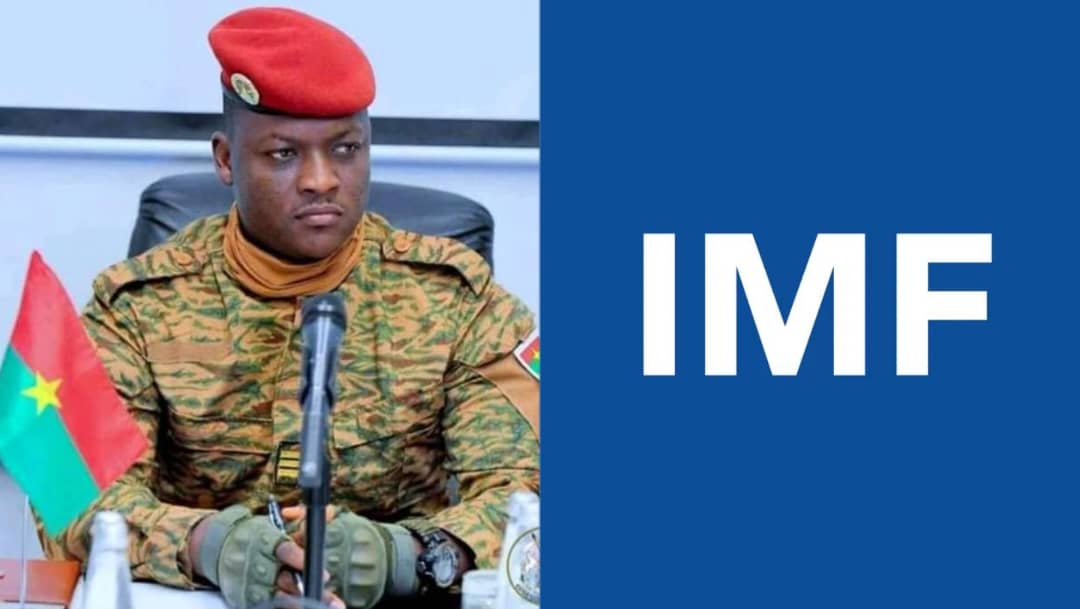In a bold move underscoring financial sovereignty, Burkina Faso has turned down financial assistance from the International Monetary Fund (IMF), marking a significant shift in the country’s economic and political direction. President Ibrahim Traore’s administration has opted to decline the IMF’s Extended Credit Facility, a program aimed at addressing the nation’s balance of payments issues while supporting economic resilience and poverty reduction efforts.
This decision reflects Burkina Faso’s prioritization of economic independence over reliance on external financial institutions. By rejecting the IMF’s offer, President Traore signals a commitment to pursuing a development model aligned with national priorities and values, avoiding the potential influence that often accompanies international aid packages.
The move is part of a broader trend among some African leaders who are increasingly critical of international financial aid, which they argue can perpetuate debt cycles and limit national economic autonomy. In Burkina Faso’s case, the decision may resonate with a growing sentiment across the continent that emphasizes self-reliance and the pursuit of alternative economic strategies.
Burkina Faso is currently grappling with several pressing challenges, including security threats, the lingering effects of the COVID-19 pandemic, and adverse weather conditions impacting agriculture. Despite these hurdles, the government is choosing to address these issues through internally driven solutions. While this approach may enhance national pride and control over domestic resources, it raises questions about whether sustainable development can be achieved without external financial support.
As the international community watches Burkina Faso’s decision closely, the outcome could spark wider discussions about economic sovereignty and the role of international financial assistance in Africa. The move may also inspire other countries in the region to reconsider their dependency on global financial institutions, potentially setting a new precedent for economic policymaking across the continent.
